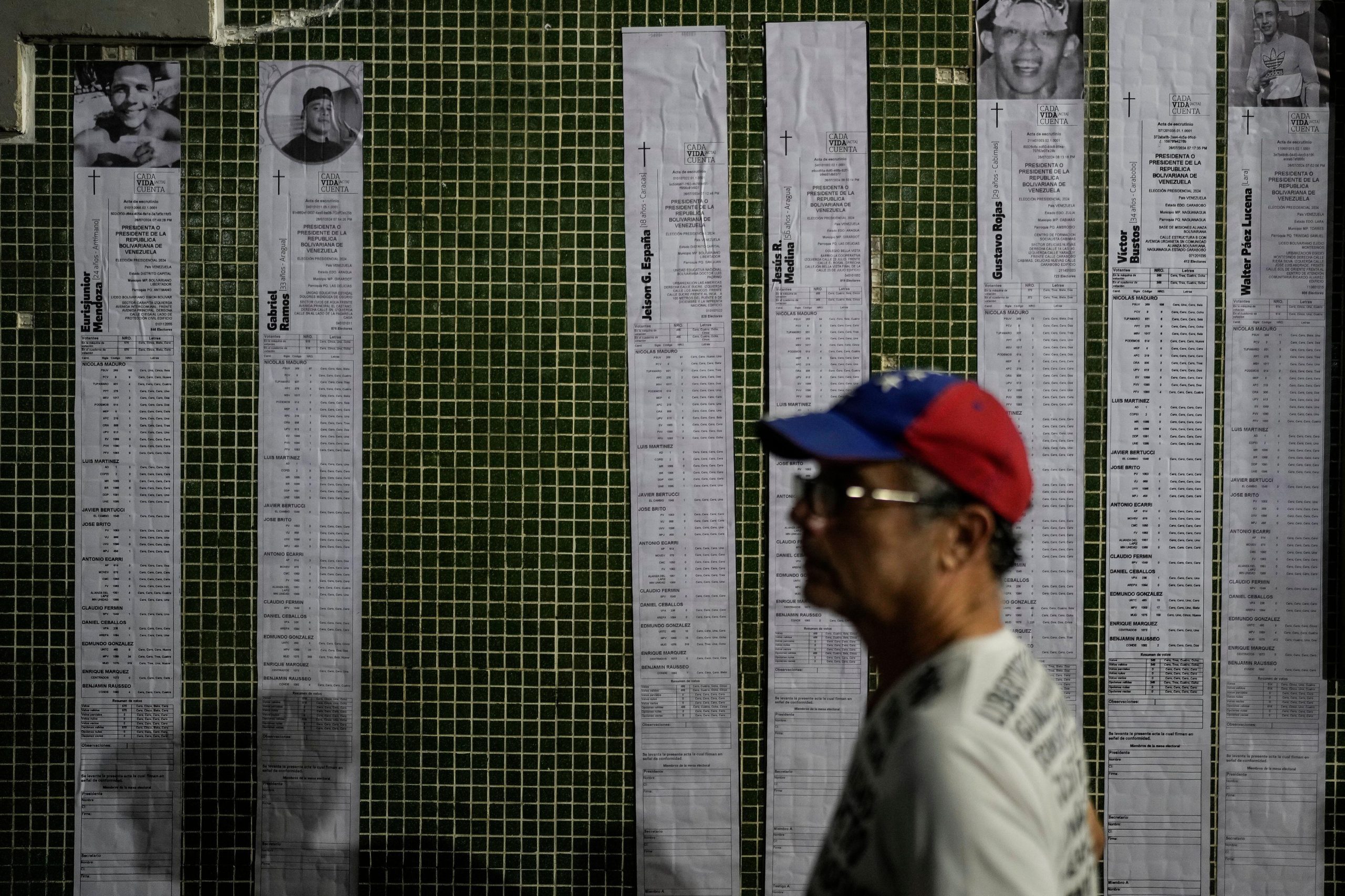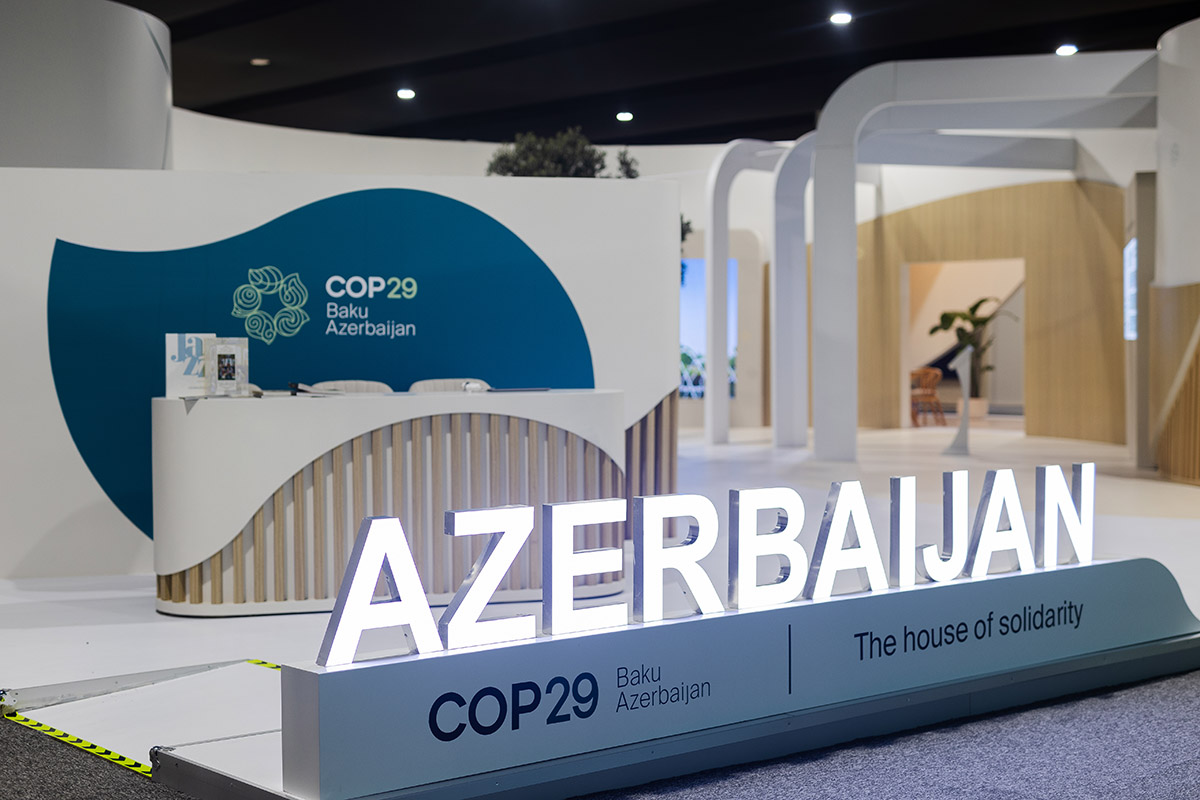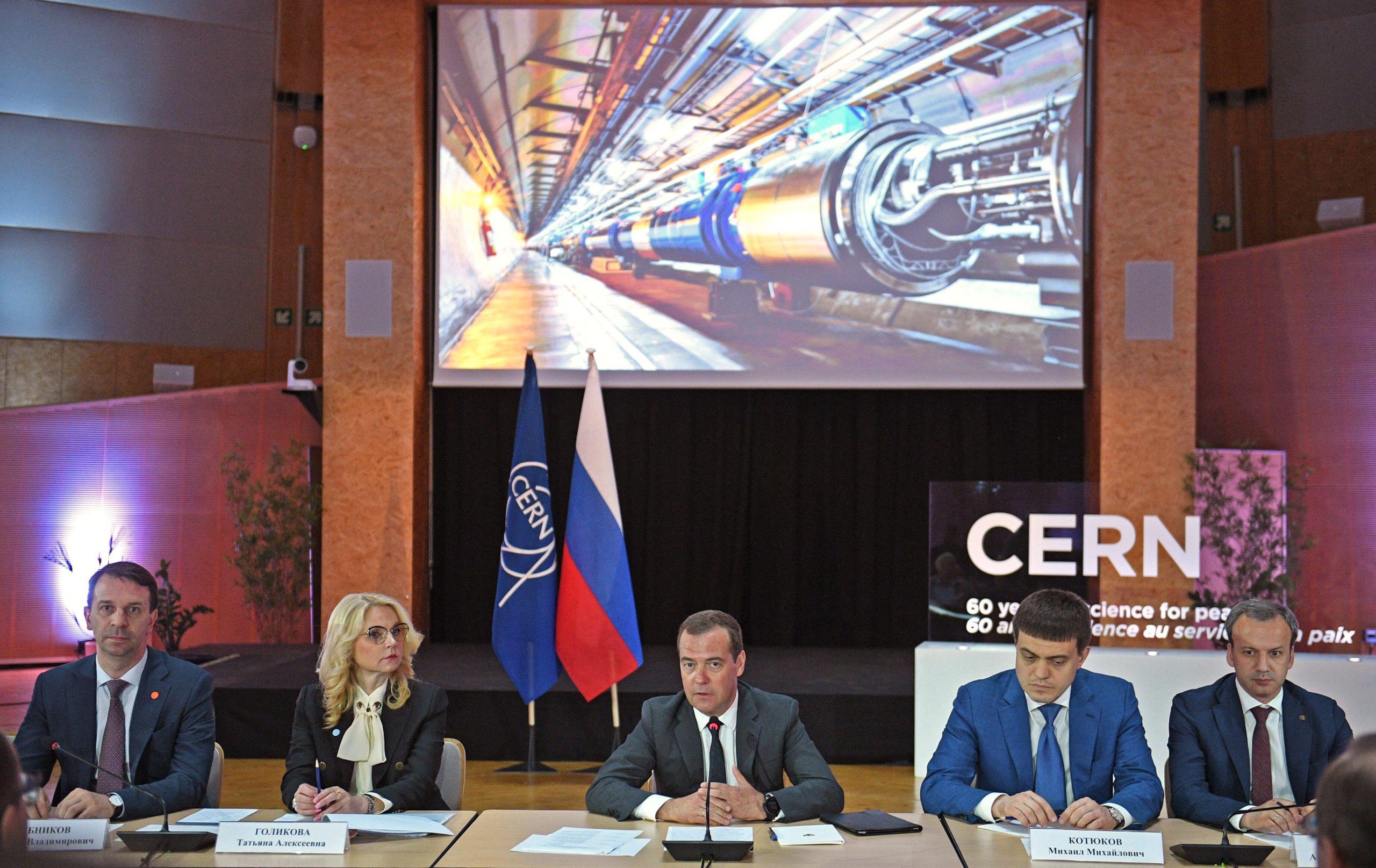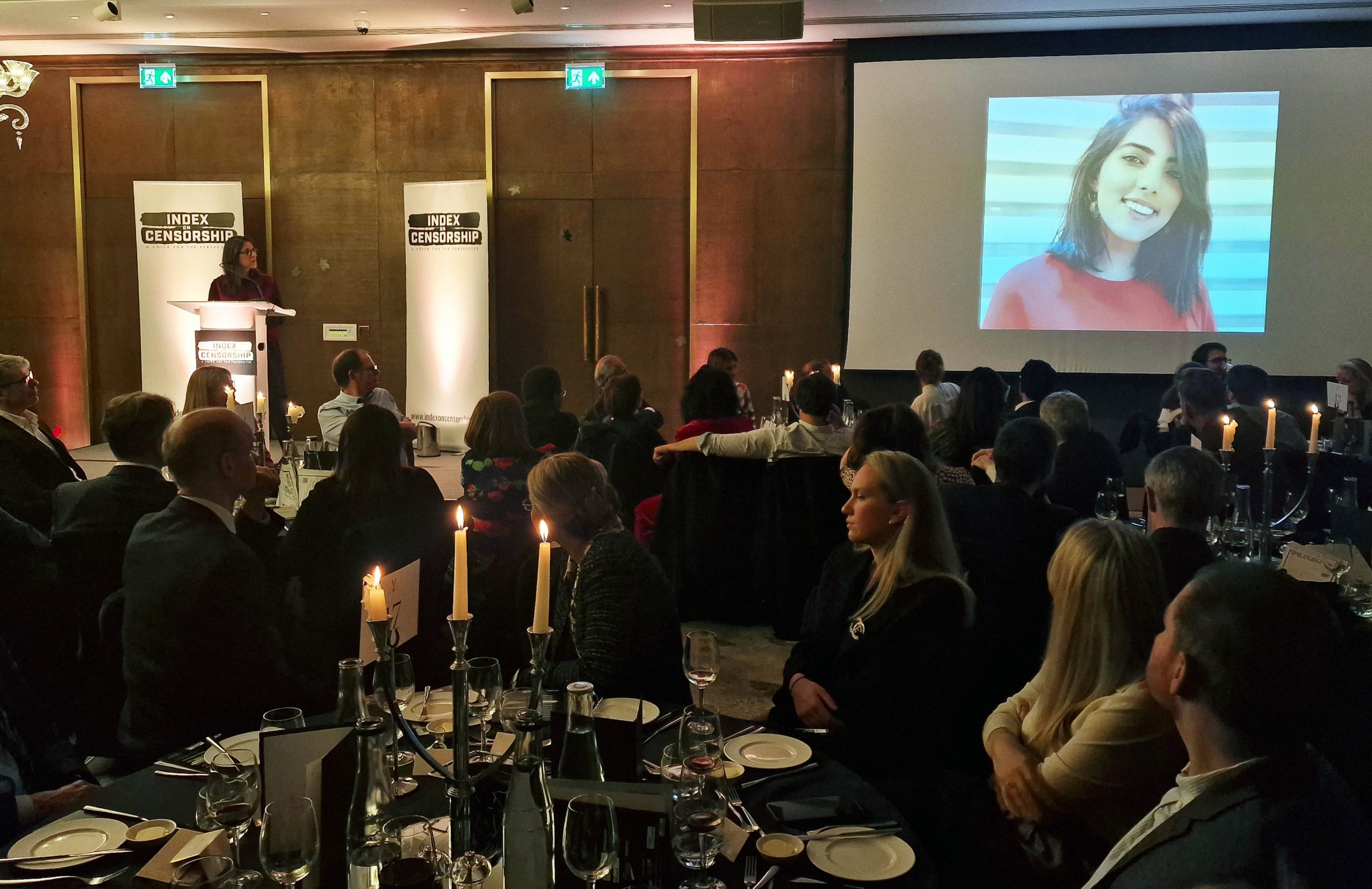Over the last year, the number of death sentences passed in Iran has increased dramatically. This trend affects the country’s minorities disproportionately, as they are targeted by the police, and often more serious charges are brought against them than against their Persian counterparts accused of the same crime. The silencing of journalists and writers, torture and ill-treatment in detention, unfair trials, imprisonment and torture of human rights defenders and civil society activists are common occurrences in the daily workings of the Islamic Republic of Iran.
Two Kurdish journalists, Abdolvahed ‘Hiwa’ Butimar and Adnan Hassanpour, were arrested early this year, on charges that remain unclear, and were subsequently sentenced to death by hanging on 17 July 2007. This case provides yet another example of the current climate of severe oppression in the Kurdish region of Iran.
Mr Butimar wrote articles for agricultural journals and was a regular contributor to the now closed bi-lingual weekly newspaper Aso. In addition, he is also the co-founder of an environmental NGO, Sabzchia (Green Mountains of Kurdistan). Mr Hassanpour was a writer and, like Mr Butimar, an enthusiastic journalist for publications such as Aso, for which he wrote articles about the plight of the Kurdish peoples. In 2002 Mr Hassanpour published a book about the origin of the Kurds, their history, culture and politics. It seems that the only explanation for the arrests is the two men’s ongoing activities as journalists and writers on issues concerning the Kurdish people and, in particular, the situation of the Kurds in Iran.
The men and their families were given no explanation for their arrest or the charges brought against them. Intelligence officers seized their personal property, namely CDs, computer, books, a Kurdish flag, photographs and mobile phone SIM cards.
It later transpired that Mr Butimar was accused of ‘acts against national security and spying for western countries’. In a statement, the Intelligence Department stated that Mr Butimar was a member of the political group PEJAK (Party of Free Life of Kurdistan’, a militiant Kurdish nationalist group linked to the PKK, the Kurdistan Workers’ Party) and that he was involved with militia groups which were secretly acting against the government.
The families made several attempts to learn about the men’s whereabouts following their arrests. Mr Butimar’s family went to great lengths to be allowed to visit him. They applied to the court in the Marivan province, but their request was refused on grounds of national security. After numerous unsuccessful efforts to locate Mr Butimar, his family finally discovered that he was being held in Sanandaj prison, and were granted just one visit to him there. It was clear to them that he had been tortured, both physically and mentally. There was apparent bruising on his face and hands, and he told them that he was in pain. He also told them that he was taken from his cell during the night and told that he would be executed. According to a former prisoner of the same jail who has now been granted asylum in the UK, he would have been likely to be subjected to the common practice of being taken to a room in the basement of the jail, which is filled with sewage and excrement, hung by his hands and forced to keep his head lifted in order to avoid drowning in the sewage. It is also believed he was held in a cell 1x1m, where there was a toilet, a water tap and a cup, and fed on only a small amount of bread. However, because the visit took place under the supervision of an intelligence officer, Mr Butimar was unable to talk freely to his family and give details of his detention. Nonetheless, the physical signs of abuse were visible.
Mr Hassanpour’s family was initially unclear as to where he was detained. They eventually received information through one of his fellow prisoners, who was released, that he was in the same prison in Sanandaj as Mr Butimar and that he had been subjected to torture and had severe bruising on his back and on his arms. He had also been subjected to psychological torture. Both men have said that throughout their imprisonment they had been transferred between Marivan and Sanandaj detention centres several times.
Following the aforementioned contact with the men, the families once again lost contact with them. However, on the morning of 8 August, Mr Butimar’s brother informed the Kurdish Human Rights Project that the men are now being held in Sanandaj intelligence service prison. The family visited Mr Butimar, for the second time since his arrest, and found that both men had been on a hunger strike for the previous 24 days in an attempt to voice their protest at the way in which they are treated by the Iranian authorities.
The legal documents relating to the men’s charge and trial have not been made available to the public or their families. Despite eventually being allowed access to legal counsel during their detention, they were merely assigned a ‘duty solicitor’ for the trial. Duty solicitors are widely perceived to be agents of the state.
The final hearing took place on 28 June. On 17 July Butimar and Hassanpour were sentenced to death by hanging. The men’s lawyers have lodged appeal on conviction and sentence. However these are unlikely to be successful, due to the lack of evidence available in support of the men’s cases. One of the many problems with the Iranian practice is that legal process is shrouded by a veil of secrecy which allows for impunity and injustice.
This case is merely an example of an ongoing state of affairs that has become common practice in Iran. It illustrates how in one only instance, basic human rights can be violated on many levels. The acts perpetrated in Iran are an enormous task for the international community to overcome due to the deeply rooted level of disregard for and encroachment upon fundamental human rights. Taking only the present case, there are numerous violations all occurring in the same instance, including encroachment on the journalists’ right to life, freedom of expression and media, freedom from torture and inhuman and degrading treatment, and the right to a fair trial and due process.
It is of grave concern that it appears that both men were targeted not only for being journalists, but also for being Kurdish. According to Mr Butimar’s brother, who was himself jailed for five years for a similar crime, no Iranian/Persian journalist has been sentenced to death for the same acts, although some published secret documents belonging to the Iranian Ministry and Intelligence Department. Furthermore, Mr Butimar, his family and his legal counsel believe that he, like all Kurds, are treated as guilty before proven innocent by virtue of their ethnicity. Other groups inside Iran, who carry out similar activities and are harassed by the authorities are branded as ‘reformists’ whereas if the person in question is Kurdish, they are automatically branded as ‘separatists’.
In an era where the protection of human rights is at the forefront of the international agenda, the number of executions in Iran has nonetheless doubled to at least 177 last year and before the latest executions in July and August, at least 124 people had been put to death so far in 2007.
There has been great pressure on the Iranian government to overturn Mr Butimar and Mr Hassanpour’s sentences. For example, the EU, under the presidency of Portugal, has recently appealed to the Iranian government to halt the execution of the two journalists. It has condemned Iran’s increasing recourse to the death penalty and its barbaric practice of growing repression against minority groups, especially the Kurds, who should have the right to freely express their opinion. The Italian Foreign Minister, Massimo D’Alema, has also expressed his concern to the deputy chief of Iran’s embassy in Rome, Hossein Mafi Moghaddam, over the number of executions that take place in Iran every year.
Although it is encouraging that the international community is taking a stance with regard to the human rights situation in Iran, more needs to be done in order to have an impact on the state of affairs.
As long as the international community continues to focus mainly on the issues surrounding Iran’s nuclear programme, there is little hope for change. Unless this worrying trend it halted, Iran will continue with its practices, with complete disregard of all fundamental principles of human rights.
Kerim Yildiz is executive director of the Kurdish Human Rights Project




